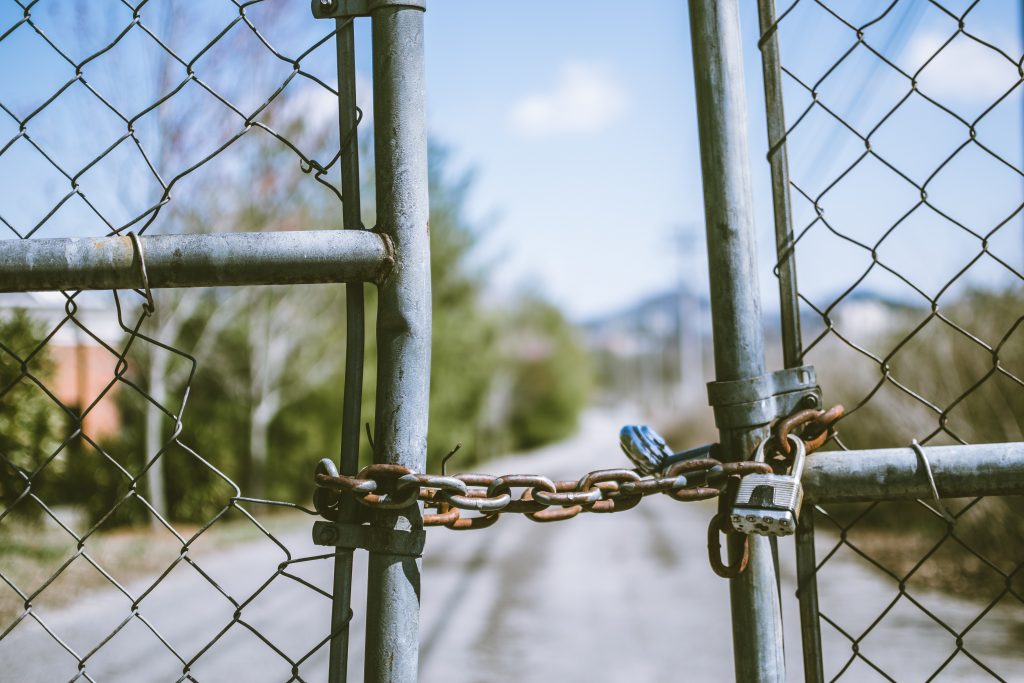Is an economy based on free incompatible with freedom?
As a long time critic of Silicon Valley business models and the state of internet governance, I have been swamped with communications from friends and colleagues expecting me to be overjoyed with the attention on Facebook which has dominated discussion this week. And I suppose part of me is, but mostly I am worried. I am worried that there are too many parties who want to treat Facebook as an outlier rather than as a manifestation of a much broader problem. As abuse of the system rather than as a design flaw. As a failure to protect privacy rather than as a failure to build systems which enhance human agency and the role of consent. As an opportunity to eke out a measure of revenge on a company of untold riches and power rather than to observe the implications of permitting companies to operate largely free from the rule of governments in a virtual land sometimes referred to as “cyberspace.”
That we will miss the opportunity to ask much more fundamental questions which challenge present orthodoxies — to examine the extent to which an economy based on “free” may be incompatible with freedom.
Facebook is not an outlier — they are an example, and far from the worst one, of maintaining governance strategies that essentially abandon democratic governance. Of pursuing a parochial vision of freedom based on cyberlibertarian principles that ignore the effects of one’s actions. Of celebrating permissionless innovation without due regard for making distinctions about what actions should require permission and/or oversight. Of believing that disruption on its own is worthwhile without regard for consequences.
We in the arts community have been canaries in the coal mine, and our experience is instructive. We have witnessed first hand how language of freedom is used to justify theft, and how the protection of expression is characterized as inconsistent with freedom of expression. This week as we confront the implications of present internet business models, it seems a most appropriate occasion to recognize the unique role of artists in the flowering of free expression, and in creating the kind of world that we wish to inhabit. The author, Marty Rubin captured this nicely: “Artists, by their free expressions, encourage others to be free. This is the quality that makes works of art enduring.”
Yet, many groups continue to suggest that the protection of expression is a form of censorship or restriction on fundamental freedoms. As I wrote some years ago in a submission to USTR on behalf of RIAA: “We must end this assault on our humanity and the misappropriation of fundamental human rights. If the protection of expression is itself a restriction on freedom of expression, then we have entered a metaphysical Wonderland that stands logic on its head, and undermines core, shared global values about personhood. It is time to open the curtains and see these practices for what they are.”
We must use this “Facebook moment” to rethink the celebration of disruption for its own sake.
Disruption as a way of shaking up the status quo may be great, but not where the disruption is effected by facilitating theft or otherwise ignores the consequences of conduct. No reasonable definition of innovation should serve as an invitation to, or protection of, a business model based on the theft of intellectual property. It is a matter of the greatest importance — to our economy, our culture and our very humanity, to fully reflect the importance of consent and rules in the networked environment — a framework which promotes openness, not anarchy, and firmly rooted in celebrating works of expression that reflect and fuel our appreciation of the freedoms associated with expression.
There will always be individuals or enterprises who are prepared to steal whatever they can, but we can — and must — stop providing moral cover by conflating copyright enforcement with censorship, or by misapplying notions of Internet freedom or permissionless innovation so that they extend to an embrace of lawlessness.
The potential of the Internet and other communications technologies to drive economic growth, prosperity and cultural production has been greatly undermined by distortions in the marketplace caused by the lack of adequate governance that allows companies to illegally traffic in what are essentially stolen goods. Many of those who profit from the status quo like to disguise their self-interest in rhetoric about free expression. It is long past time to end this dangerous charade. We are not serving free speech by making it harder for creators to earn a living from their original expression. Free societies can no longer tolerate the continued indifference to the rights of creators.
We define our society by the extent to which we empower the exercise of free will and the ability — legal and practical, to determine the use of our identities and our property.
This week’s focus on the relationship between privacy and consent must serve as an invitation to examine the broader issues of consent and platform responsibility, or we will end up addressing only a symptom and not the cause.
If the lesson of this week is that we should delete Facebook, then we will have sorely missed the point, and will continue to rely on a false narrative that human agency is a sufficient check on the functioning of tech platforms even as human agency is effectively eroded. What’s needed is democratic governance — the application of law and incentives for accountability.

